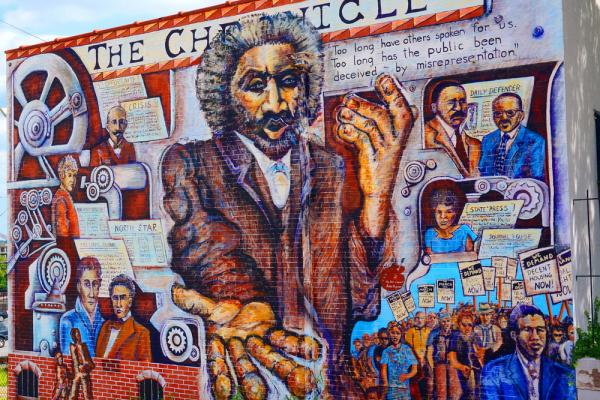Nov 8, 2016
To say that HB2 has tarnished the state’s reputation would be a profound understatement. Those of us who have traveled out of the state (or the country) have become accustomed to some version of the same response when we introduce ourselves as native North Carolinians: “Oh, you’re from the bathroom state!”
No. We are not this.
Read the Full Article

Already a subscriber? Login
